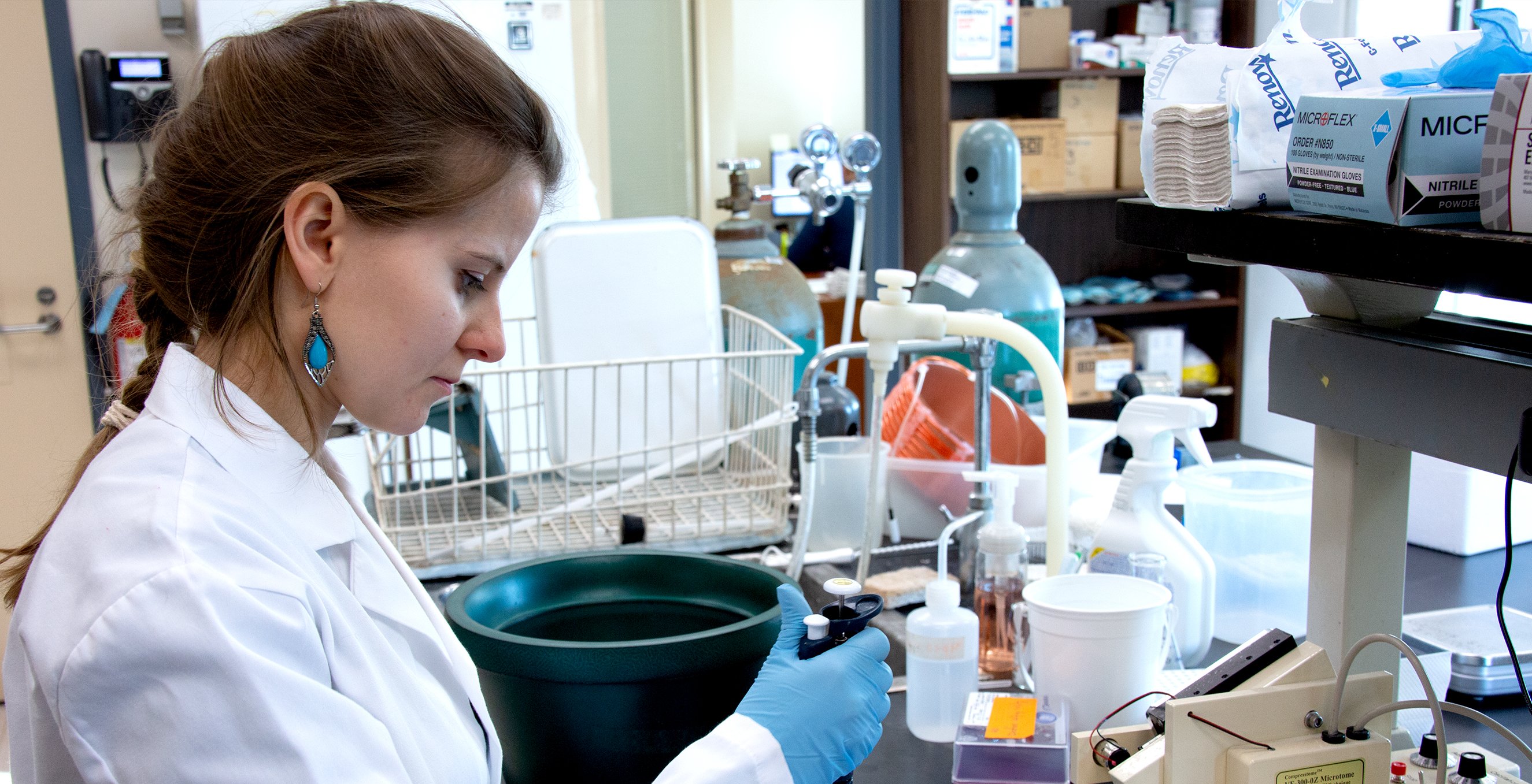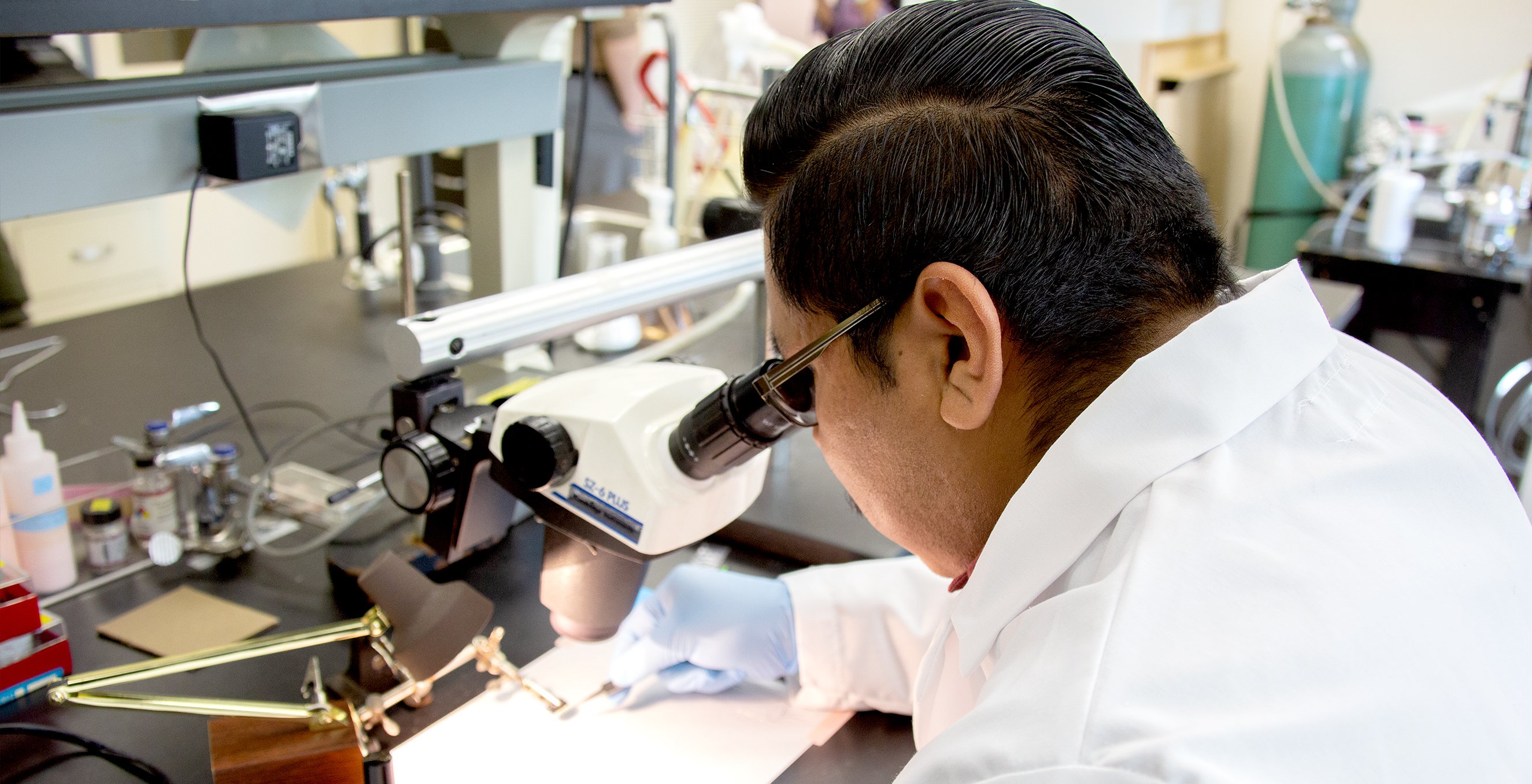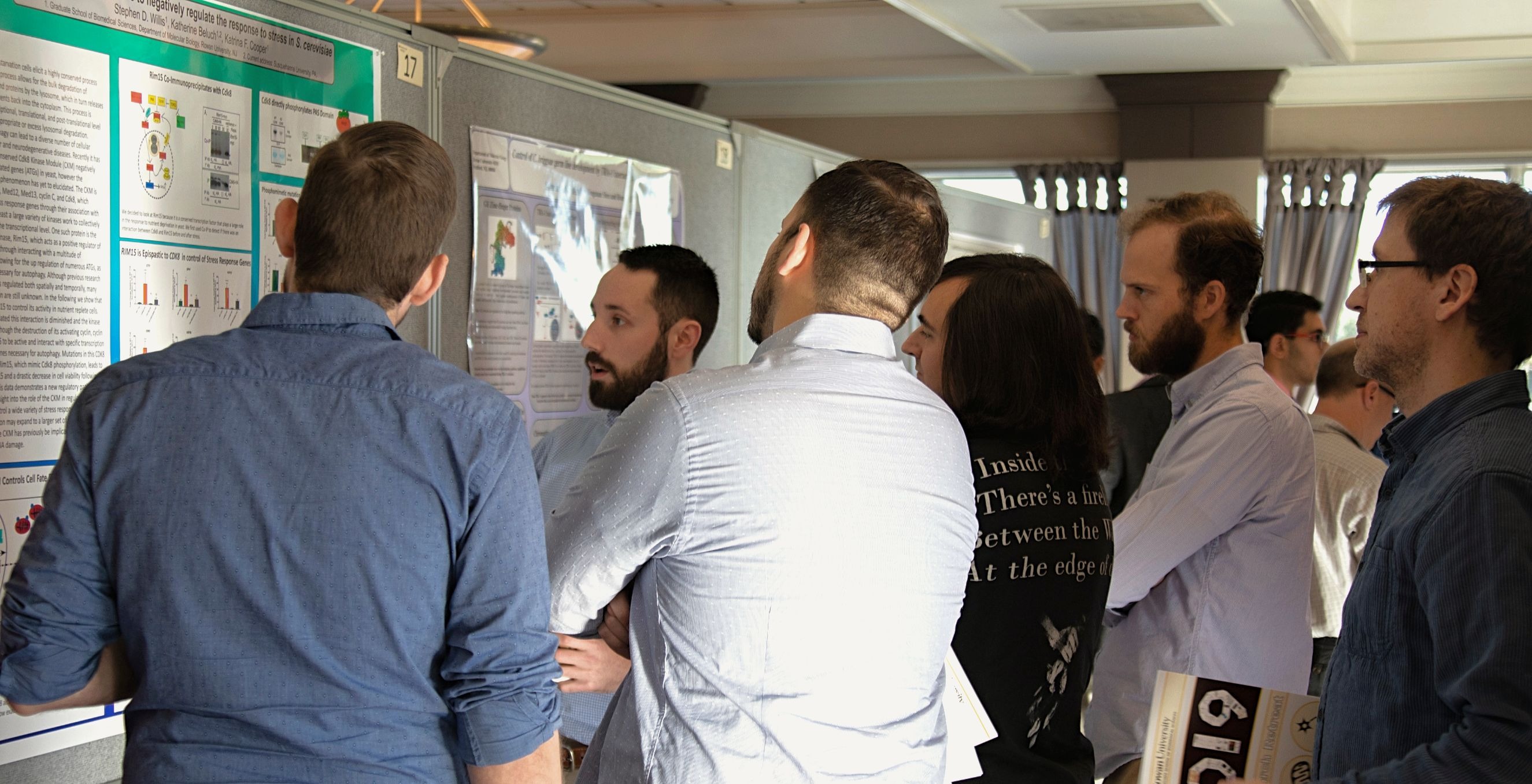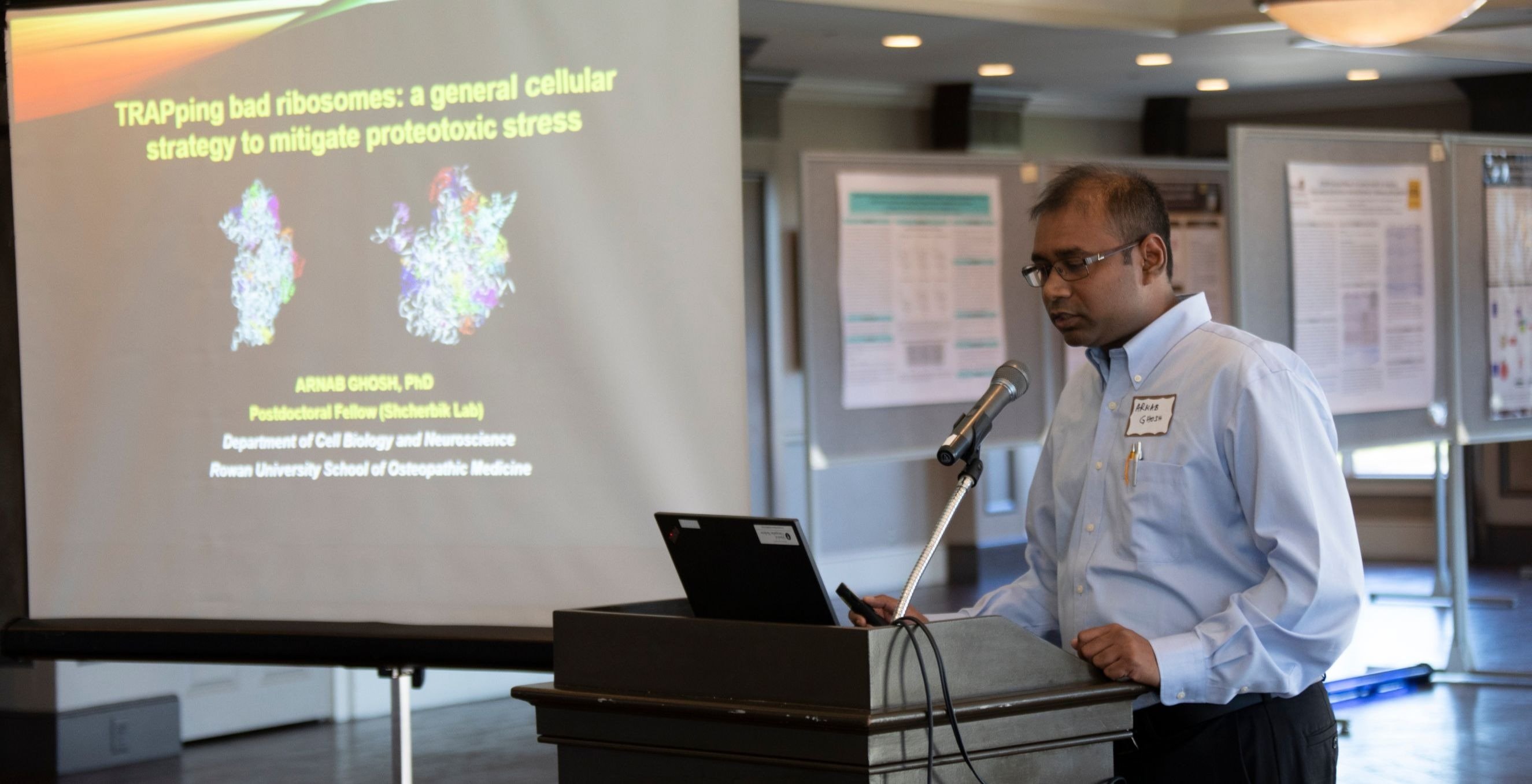Cell Biology & Neuroscience Courses for Medical Students
Human Gross Anatomy
Rocco Carsia, Ph.D., James White, Ph.D.
In our anatomy course, we focus on the study of macroscopic structure of the human body by dissection and other methods with reference to functional mechanisms and changes during development. The anatomical basis for certain body functions are taught, as well as how to infer the anatomical basis of some clinical entities. Bi-weekly one hour conferences center on selected clinical entities or diagnostic imaging of that section's topics (including CT and MRI, where appropriate).
Neuroscience
James White, Ph.D.
Our neuroscience course offers students the opportunity to study the brain in three different ways: on a regional, functional and clinical basis. The redundancy is intentional and serves to emphasize the most relevant aspects of Neuroscience. In the laboratory portion, wet brain dissections will cover the gross surface and internal anatomy of the brain. Early in the course, lectures and slide shows emphasize the regional organization of the nervous system. Following this, the themes of the course switch to an emphasis on the functional systems of the brain and to a series of lectures on the cell biology of neurological disease. Problem-based sessions address a variety of course topics and cover both basic and clinical sciences. Everyone is actively involved in the presentation of cases in the Problem-based sessions.
Principles of Mammalian Physiology
Deborah Podolin, Ph.D.
Our students review the factual background and basic working knowledge of human physiology in this course. Our goal is to provide the students with the foundation and tools the primary care physician needs to understand and analyze physiological processes which underlie both health and disease. We hope that the students acquire the analytical capability for continuing self-education into the pathophysiologic basis of disease.
Pharmacology I
Bernd Spur, Ph.D., Kinglsey Yin, Ph.D.
The modern discipline of Pharmacology encompasses the rational use of drugs in the prevention, diagnosis and treatment of human disease. Pharmacology deals with the environmental agents which are toxic and carcinogenic. The growing problem of drug abuse also necessitates some consideration of the sociological problem. Through this course, our future physicians are gaining this core knowledge of pharmacology.
Pharmacology II
Kingsley Yin, Ph.D., Bernd Spur, Ph.D.
Our second year pharmacology course draws upon concepts our students have learned in Physiology, Biochemistry, Microbiology and Genetics. The emphasis of the course is on Pharmacokinetic mechanisms of drug action, therapeutic indications (including specific disease states), adverse effects, contraindications and drug interactions. Armed with this knowledge, we prepare our physicians for practice with the basic principles of pharmacology, which they are able to apply in clinical settings.







